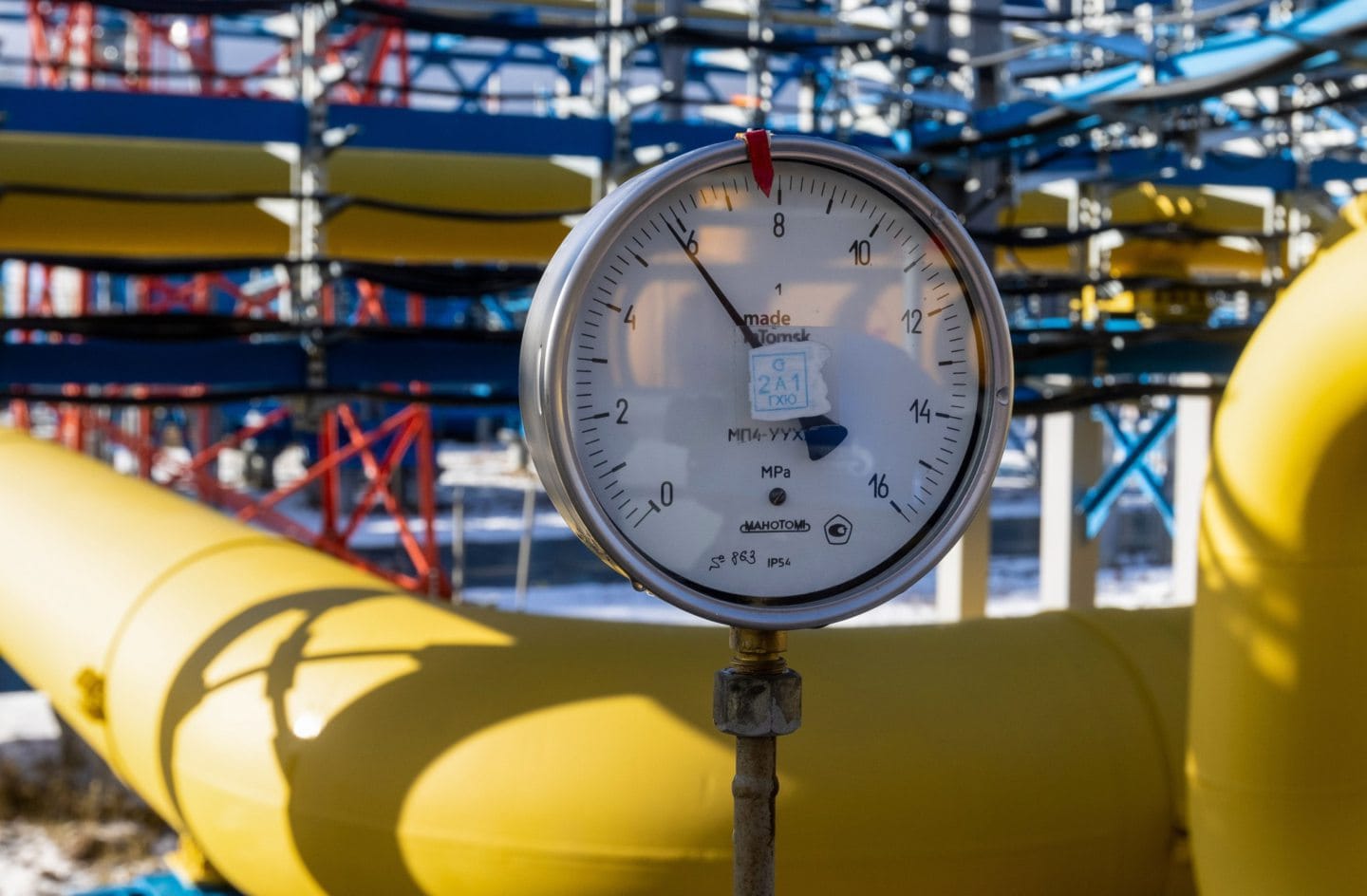The cessation of Russian gas supplies to Europe by Ukraine represents a pivotal moment in the ongoing energy crisis exacerbated by geopolitical tensions. For decades, Ukraine has served as a crucial transit country for Russian natural gas destined for European markets. However, the recent escalation of conflicts and the shifting landscape of energy politics have led to this significant decision, which is likely to have far-reaching implications for both Ukraine and Europe.
The decision to halt gas supplies was influenced by a combination of factors, including the ongoing conflict between Ukraine and Russia, as well as Ukraine’s strategic aim to reduce its reliance on Russian energy sources. This move aligns with Ukraine’s broader energy strategy, which seeks to diversify its energy supply and enhance its energy independence. By cutting off Russian gas supplies, Ukraine aims to send a clear message to both domestic and international audiences regarding its commitment to sovereignty and energy security.
The implications of this decision are significant for European countries that have historically depended on Russian gas. The European Union has long been aware of the risks associated with reliance on a single supplier for energy needs. As a result, many nations within the EU have been actively seeking alternative sources of energy to ensure their energy security. The cessation of gas supplies from Ukraine could further accelerate these efforts, prompting European nations to explore other avenues for energy procurement.
In the short term, the halt in gas supplies is likely to lead to increased energy prices across Europe. As countries scramble to find alternative sources of gas, the demand for liquefied natural gas (LNG) and other energy supplies is expected to rise. This could result in higher costs for consumers and businesses alike, potentially impacting economic stability in the region. Additionally, countries that are heavily reliant on Russian gas may face immediate challenges in meeting their energy demands, leading to potential shortages and energy rationing.
Moreover, this development may also have implications for the broader energy market, as countries look to diversify their energy sources. The European Union has been investing in renewable energy projects and infrastructure to reduce its reliance on fossil fuels. The cessation of Russian gas supplies could further incentivize these investments, as countries seek to build a more resilient and sustainable energy system.
The geopolitical ramifications of Ukraine’s decision cannot be overlooked. The move is likely to strain relations between Russia and European countries, as well as heighten tensions between Russia and Ukraine. Russia has historically used energy supplies as a tool of political leverage, and the loss of gas exports to Europe could have significant economic consequences for the Russian economy. In response, Russia may seek to retaliate or exert pressure on Ukraine and its allies through other means.
In light of these developments, the European Union is expected to convene emergency meetings to address the energy crisis and explore potential solutions. Discussions may include increasing imports of LNG from alternative suppliers, enhancing energy efficiency measures, and accelerating the transition to renewable energy sources. The EU’s commitment to achieving energy independence and security will be put to the test as it navigates the challenges posed by this latest development.
As Ukraine moves forward with its decision to halt Russian gas supplies, the international community will be closely monitoring the situation. The impact on energy markets, prices, and geopolitical relations will be felt not only in Europe but also around the world. This situation underscores the importance of energy security and the need for countries to diversify their energy sources in an increasingly interconnected global landscape.
In conclusion, Ukraine’s decision to end the supply of Russian gas to Europe marks a significant turning point in the energy dynamics of the region. As European countries grapple with the implications of this decision, the focus will shift towards finding alternative energy sources and enhancing energy security. The broader geopolitical consequences of this move will also play a crucial role in shaping the future of energy politics in Europe and beyond.



